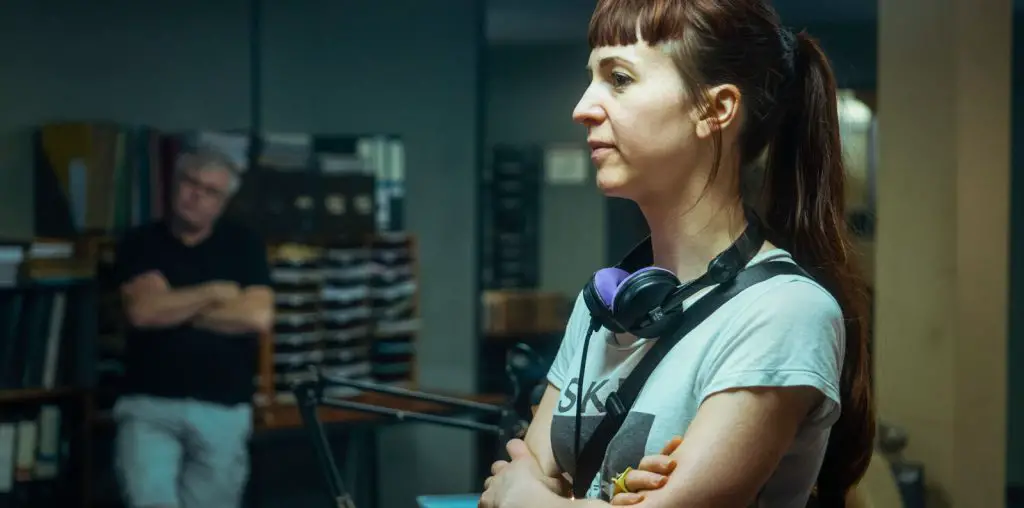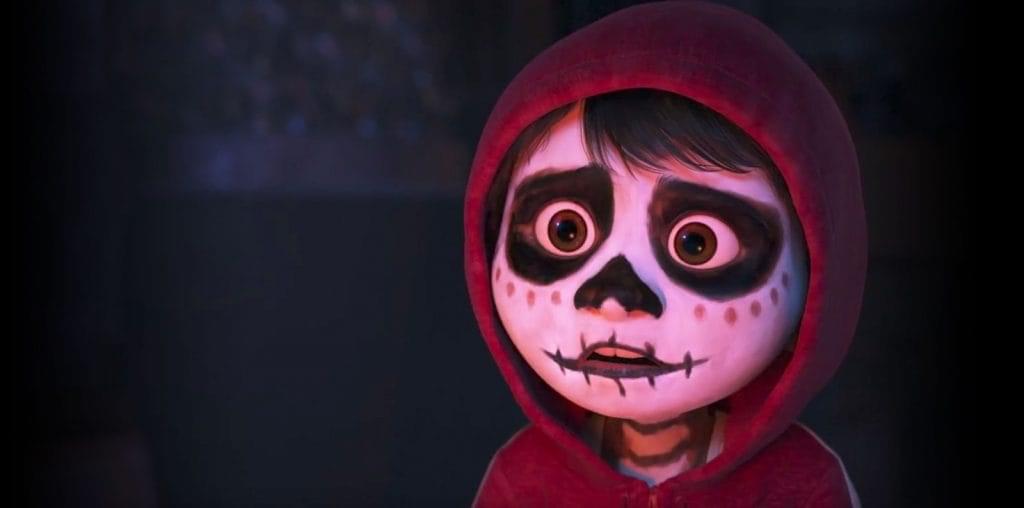
The first real battle for first-time filmmakers is finishing that first film. With nothing but a poem about ways to grieve after an abortion and inspiration from her Japanese heritage, Kira Dane and her NYU classmate Katelyn Robledo found assistance through Tribeca’s If-Then Short Documentary program. I talked to Kira and Katelyn about the struggles they faced pulling together their first film—Mizuko, pulling together the right resources when your in over your head, the business of filmmaking, and origin of Mizuko (Japanese for “Water Child”).
I’ve got to tell you just how much I loved Mizuko. I see that it was part of Tribeca’s If-Then Short Documentary program. What is the program, and what role did it play in your film?
Katelyn Robledo: If-Then was a program that’s divided into different regions and through a panel of judges, who select filmmakers and films to be supported over a year. I think it changed a little bit over the last couple of years since we got it. But basically, what we got was a grant of $20,000 and a production branch. We used a post house through them called SIM and then just mentorship and distribution help. So it was helpful for us because this was our first film. So we were navigating all of these new things, and it was so beneficial for us to have them to answer any questions we had at any point.
So what point in the production of Mizuko did they come in and help?
Kira Dane: Pretty much in the beginning. We were submitting to a lot of other grants. We had what we thought was going to be the final draft. We used this essay that I had written as a backbone about my own experiences and Mizuko kuyō. The final essay was pretty much changing until the very end. We were changing around some wording and the order of specific paragraphs, but that’s where we started with the whole piece. When Tribeca came along, we were pretty much at square one besides having that. So we didn’t have any animation, and we didn’t have any production started yet.


